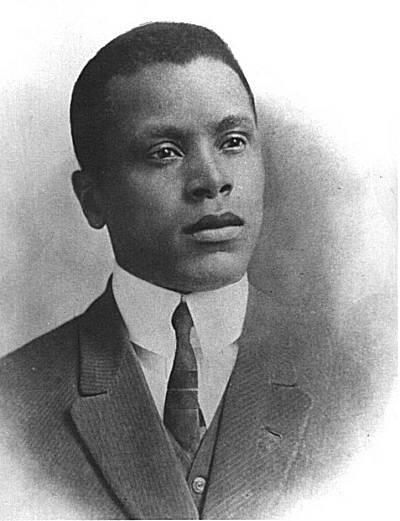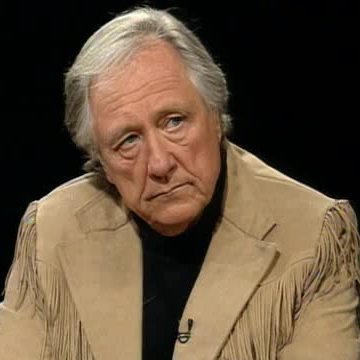OSCAR DEVEREAUX MICHEAUX, A Man Ahead of His Time

Did you know that Oscar Devereaux Micheaux, with whom some are making claims that the Oscar Award is named after, is regarded as the first major African-American feature filmmaker, a prominent producer of race films, and has been described as "the most successful African-American filmmaker of the first half of the 20th century"?
Born on January 2, 1884, Micheaux was an American author, film director and independent producer of more than 44 films. He decided to concentrate on writing and, eventually, filmmaking, a new industry. He wrote seven novels and produced both silent films and sound films.
In South Dakota, Micheaux married Orlean McCracken. Her family proved to be complex and burdensome for Micheaux. Unhappy with their living arrangements, Orlean felt that Micheaux did not pay enough attention to her. She gave birth while he was away on business, and was reported to have emptied their bank accounts and fled. Orlean's father sold Micheaux's property and took the money from the sale. After his return, Micheaux tried unsuccessfully to get Orlean and his property back.
In 1913, 1,000 copies of his first book, The Conquest: The Story of a Negro Pioneer, were printed. He published the book anonymously, for unknown reasons. He based it on his experiences as a homesteader and the failure of his first marriage and it was largely autobiographical. Although character names have been changed, the protagonist is named Oscar Devereaux. His theme was about African Americans realizing their potential and succeeding in areas where they had not felt they could.
The book outlines the difference between city lifestyles of Negroes and the life he decided to lead as a lone Negro out on the far West as a pioneer. He discusses the culture of doers who want to accomplish and those who see themselves as victims of injustice and hopelessness and who do not want to try to succeed, but instead like to pretend to be successful while living the city lifestyle in poverty. He had become frustrated with getting some members of his race to populate the frontier and make something of themselves, with real work and property investment. He wrote over 100 letters to fellow Negroes in the East beckoning them to come West, but only his older brother eventually took his advice. One of Micheaux's fundamental beliefs was that hard work and enterprise would make any person rise to respect and prominence no matter his or her race.
In 1918, his novel The Homesteader, dedicated to his mother, attracted the attention of George Johnson, the manager of the Lincoln Motion Picture Company in Los Angeles. After Johnson offered to make The Homesteader into a new feature film, negotiations and paperwork became inharmonious. Micheaux wanted to be directly involved in the adaptation of his book as a movie, but Johnson resisted and never produced the film.
Instead, Micheaux founded the Micheaux Film & Book Company of Sioux City; its first project was the production of The Homesteader as a feature film. Micheaux had a major career as a film producer and director: He produced over 40 films, which drew audiences throughout the U.S. as well as internationally.
Micheaux contacted wealthy academic connections from his earlier career as a porter, and sold stock for his company at $75 to $100 a share. Micheaux hired actors and actresses and decided to have the premiere in Chicago. The film and Micheaux received high praise from film critics. One article credited Micheaux with "a historic breakthrough, a creditable, dignified achievement". Some members of the Chicago clergy criticized the film as libelous. The Homesteader became known as Micheaux's breakout film; it helped him become widely known as a writer and a filmmaker.
In addition to writing and directing his own films, Micheaux also adapted the works of different writers for his silent pictures. Many of his films were open, blunt and thought-provoking regarding certain racial issues of that time. He once commented: "It is only by presenting those portions of the race portrayed in my pictures, in the light and background of their true state, that we can raise our people to greater heights." Financial hardships during the Great Depression eventually made it impossible for Micheaux to keep producing films, and he returned to writing.
He later married Alice Russell in 1926. Oscar and Alice remained married until his death in March 25, 1951, in Charlotte, North Carolina, of heart failure. He is buried in Great Bend Cemetery in Great Bend, Kansas, the home of his youth. His gravestone reads: "A man ahead of his time".
Source: Wikipedia



